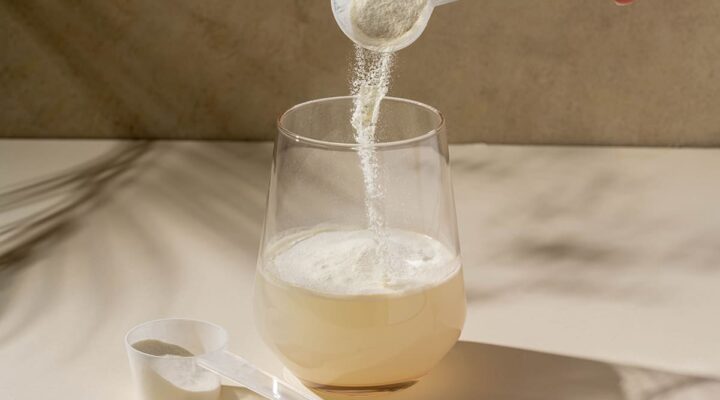10 Foods That Can Help Your Sleep (and the Evening Bites That Might Hinder It)
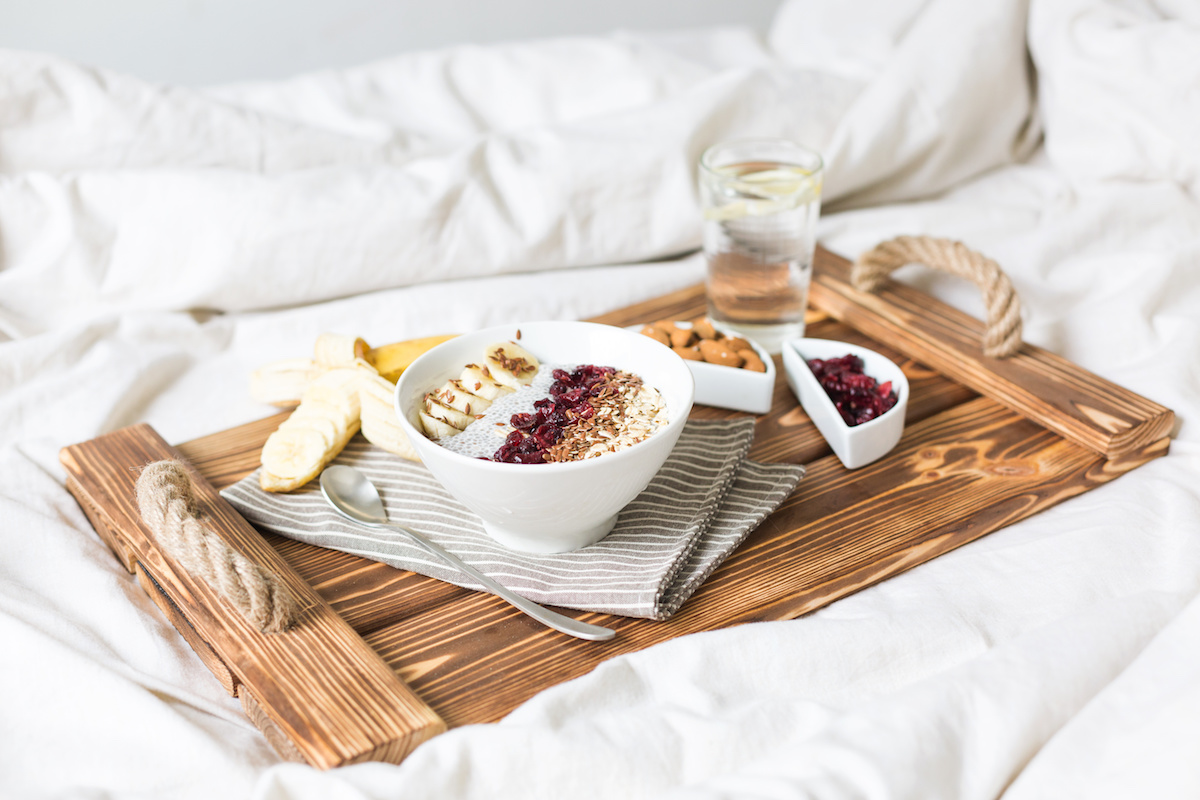
For all you daytime nappers and in-bed-by-10 planners, 19 March aka World Sleep Day is the date for you. The World Sleep Society organizes the celebration and is damn serious when it comes to the fine art of catching 40 winks. So are we here at Form, with a best-selling nootropic for sleep, carefully formulated with 5-HTP, a precursor to serotonin and melatonin, hormones critical for sleep, and calming amino acids to promote relaxation.
We’re also first and foremost, concerned with the world of nutrition, and as anyone who has had a late-night vindaloo right before bed will tell you, the two topics are undoubtedly linked. Here then we breakdown a selection of foods that can help with sleep and the science behind why, as well as the meals to avoid.
Foods That Help With Sleep
Bananas
One of our top smoothie ingredients, bananas contain muscle relaxants such as magnesium and potassium which are great when it comes to bedtime. Vitamin B6 in banana also converts the essential amino acid tryptophan into serotonin, the neurotransmitter that controls the melatonin levels in the body and helps promote better sleep.
Oats
Just as in bananas, carbohydrates increase levels of tryptophan in the blood, which is, as we learned before, a precursor to serotonin and helps provide more restful sleep. Just make sure you bag the right kind. There are lots of carbs in white bread, but all the added sugar won’t help. Whole unrefined carbs are the way to go, including brown rice, millet, oats, and quinoa. Proats before bed? Count us in.
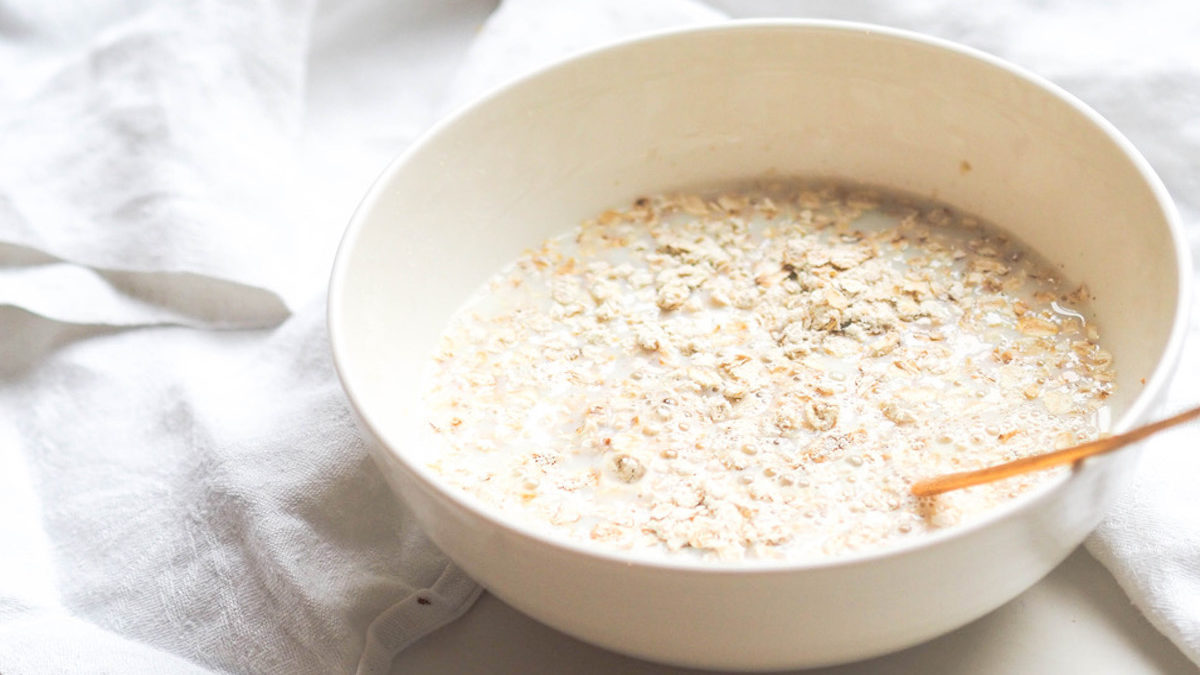
Photo credit: Faustine Hug
Hemp Seeds
Nuts and seeds like sunflower seeds, almonds, walnuts, cashews, and hemp seeds are also rich in tryptophan. Try making hemp milk as a late-night snack if you’re struggling to sleep. You can make this as you would any other plant milk, by leaving blended hemp seeds to stew in water overnight before straining. You could also blend a date along with the hemp seeds so you’ll get sweetened milk. This way you won’t need to add any additional sweeteners. Hemp seeds are also one of the top vegan protein sources, so you’re on the build, you’d do well to get a big bag.
Sweet Potatoes & Broccoli
Sweet potatoes contain muscle-relaxing potassium and sleep-supporting calcium. Sure they contain loads of carbs, but these are the good kind, complex and unrefined, perfect for nap-time.
Other calcium-rich plant foods like broccoli, sesame, and almonds can also be beneficial for sleep. Calcium assists brain cells in using tryptophan to synthesise and produce melatonin, and is pretty essential for fully activating all of the hormone’s powers.
Pumpkin Seeds
There are tons of pumpkin seeds benefits, from fighting disease thanks to their high antioxidant levels to reducing blood pressure. But you’re not here for that are you? Alright, here’s the sleep stats then. Not only are pumpkin seeds a rich source of tryptophan (we know all about that), they’re also rich in the muscle relaxing nutrient magnesium, which plays a role in supporting sleep by maintaining levels of GABA, another neurotransmitter that promotes sleep.
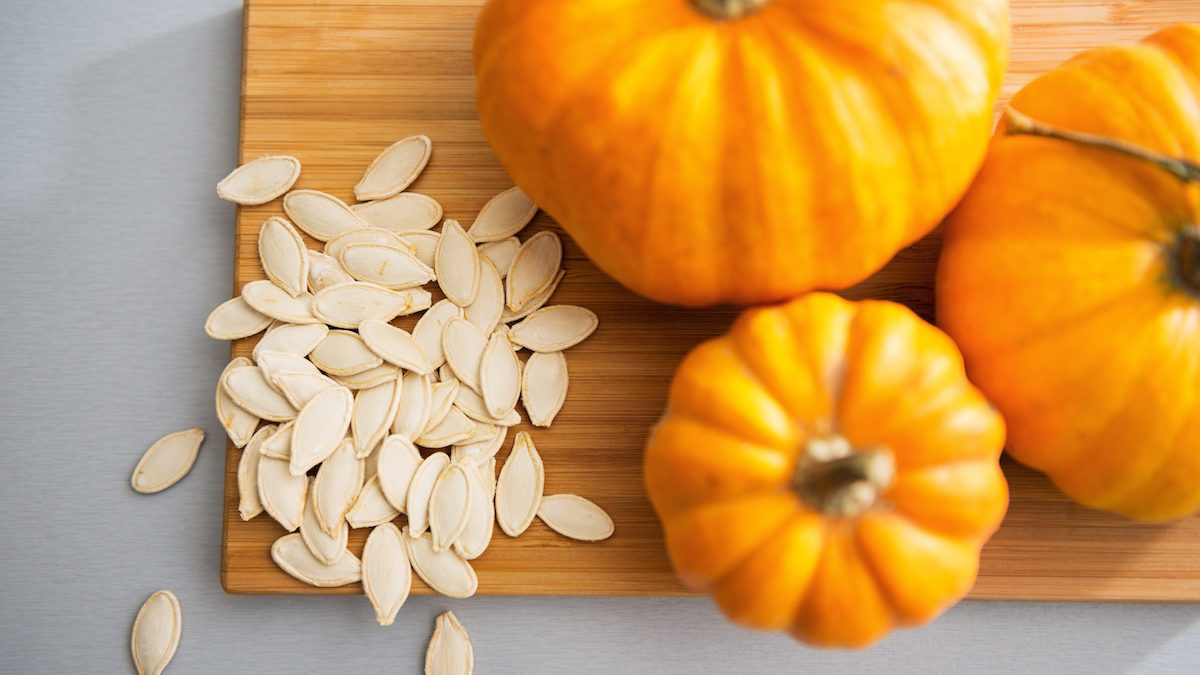
Cherries
Cherries, go one further than all the tryptophan-rich foods earlier on this list, by naturally containing melatonin itself, the hormone that controls the body’s internal clock in order to regulate sleep. However, to get the effects, you’re going to need to eat the actual fruit and not the juice or the dried form, as these processes wipe out the melatonin.
Cranberries & Pistachios
Another tart and delicious fruit rich in melatonin is the cranberry. Once again you need to eat the actual fruit and not the juice or the dried form which negate the melatonin. Grapes and strawberries are two other fruits rich in melatonin, while pistachios are the most melatonin-rich nuts. Along with helping regulate sleep patterns, melatonin is also important for eye health while healthy levels could also lower the risk of neurodegenerative diseases like Alzheimer’s and Parkinson’s.
Vitamin B12
Vitamin B12 is a water-based mineral with many vital roles in the body, including the formation of red blood cells to transport oxygen and promote brain health. Our brains and sleep are indubitably linked, and so it’s no surprise to find vitamin B12 has a positive impact on both. Seminal research on the topic, found a daily dose of vitamin B12 was able to improve sleeping patterns and the circadian rhythms in those studied. It’s an especially important nutrient for vegans, who are usually deficient, which is why we include it in our daily multivitamin.

Food & Drinks That Hinder Sleep
Caffeine
While the idea of an after-dinner espresso might seem like something straight out of La Dolce Vita, it’s probably the worst idea if you’re someone who struggles to sleep. Studies have shown caffeine ingested as early as six hours before bedtime could negatively affect sleep patterns you see, and therefore it’s advised to stop consuming any caffeine, from coffee and green tea to black tea and chocolate, by the afternoon.
Chocolate
We’ve already highlighted chocolate as a potential sleep disruptor, but along with its caffeine content, chocolate is also high in theobromine. The compound has a number of health benefits from lowering blood pressure to protecting tooth enamel. But it is also a known stimulant that can affect sleep, especially when working in tandem with stimulating caffeine.
Alcohol
When it comes to general mental and athletic performance, alcohol can sadly be a bit of a dampener. And it also interferes with the restorative functions of sleep and can affect our endogenous melatonin secretion. If you do decide to drink alcohol, it is advised to avoid drinking alcohol within three hours of bedtime then.
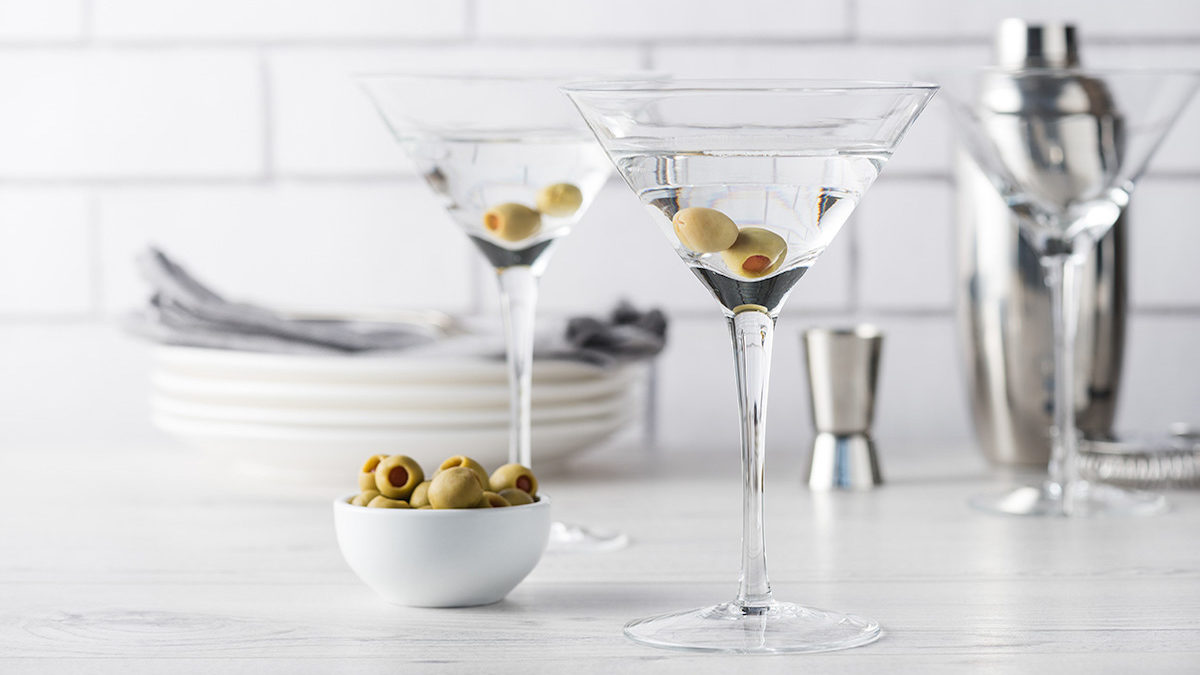
Spicy Food
Indigestion is a real sleep-wrecker, and very spicy food, when eaten close to sleep, does sure like to test it. Research also hints at the possibility that capsaicin, a compound found in spicy foods, has the potential to increase body temperature, which can affect our sleep rhythms as our bodies usually decrease in temp as we’re nodding off.
High Fat & Heavy Meals
High-fat meals, including fried food, may also be bad for sleep (bye-bye late-night Maccies). Fat stimulates the production of acid in the stomach and loosens the oesophageal sphincter. This can cause heartburn in some individuals, which can lead to poor quality sleep.
Similarly, heavy meals before bed and too close to bedtime, may lead to you being more prone to acid reflux or indigestion as lying down can cause these problems. Ideally eating dinner about three to four hours before bed is the best course of action.




